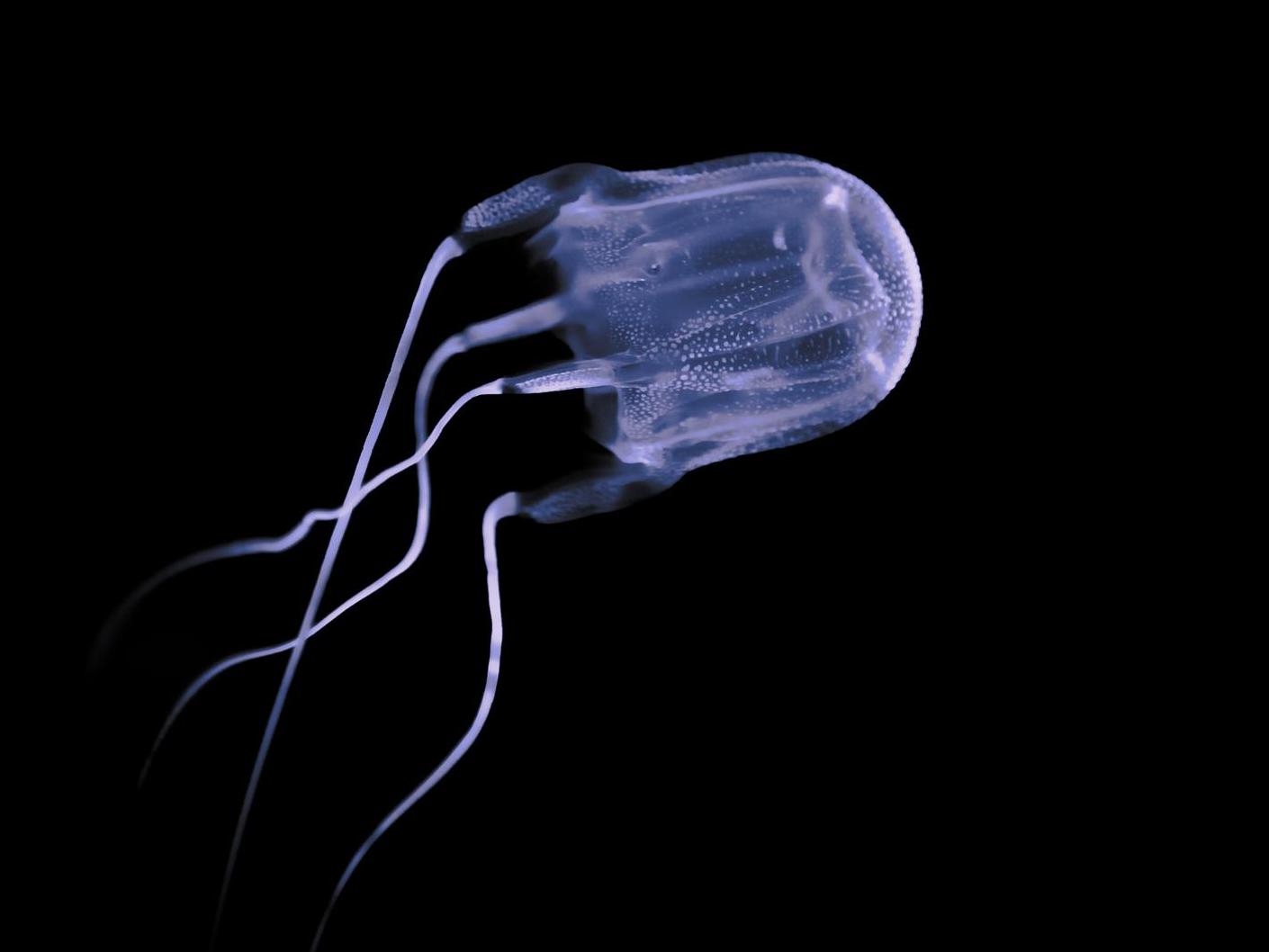Australian box jellyfish: Antidote for the world’s most venomous creature discovered
‘Our drug works on the big beast,’ says University of Sydney researcher

Your support helps us to tell the story
From reproductive rights to climate change to Big Tech, The Independent is on the ground when the story is developing. Whether it's investigating the financials of Elon Musk's pro-Trump PAC or producing our latest documentary, 'The A Word', which shines a light on the American women fighting for reproductive rights, we know how important it is to parse out the facts from the messaging.
At such a critical moment in US history, we need reporters on the ground. Your donation allows us to keep sending journalists to speak to both sides of the story.
The Independent is trusted by Americans across the entire political spectrum. And unlike many other quality news outlets, we choose not to lock Americans out of our reporting and analysis with paywalls. We believe quality journalism should be available to everyone, paid for by those who can afford it.
Your support makes all the difference.An antidote to the sting of the world’s most venomous creature has been discovered by scientists.
The Australian box jellyfish carries enough venom in its tentacles his to kill more than 60 people. A single sting from can cause excruciating pain, scarring and even cardiac arrest leading to “death within minutes” if the exposure is large enough.
But now researchers at the University of Sydney have found a way to block the venom’s ability to destroy cells.
The team used the genome-editing method known as CRISPR to work out exactly how the venom attacks, before using a cholesterol-absorbing drugs called cyclodextrins to prevent it from killing cells.
“Our drug works on the big beast,” said associate professor Greg Neely, one of the study's authors. “We don’t know yet if it works on other jellyfish, but we know it works on the most-deadly one.”
The antidote blocks the symptoms of a box jellyfish sting if administered to the skin within 15 minutes after contact.
It was shown to work on human cells outside the body and then tested effectively on live mice. The Australian pain researchers now hope to develop a topical application for humans.
“The jellyfish venom pathway we identified in this study requires cholesterol, and since there are lots of drugs available that target cholesterol, we could try to block this pathway to see how this impacted venom activity,” said Dr Raymond Lau, the lead author of the paper published in the journal Nature Communications.
“We took one of those drugs, which we know is safe for human use, and we used it against the venom, and it worked. It’s a molecular antidote."
The researchers do not know yet whether the drugs could be used to stop a heart attack induced by a box jellyfish sting.
They hope their findings could lead to a cardiac injection treatment in the emergency room in very severe cases.
Writing for the academic site The Conversation, Prof Neely said the “really cool thing” is that cyclodextrins “are known to be safe for us in humans, and are cheap and stable”.
He added: “So now we are trying to work with the state or national government, or first responders, to see if we can move this venom antidote forward for human use.”
Join our commenting forum
Join thought-provoking conversations, follow other Independent readers and see their replies
Comments